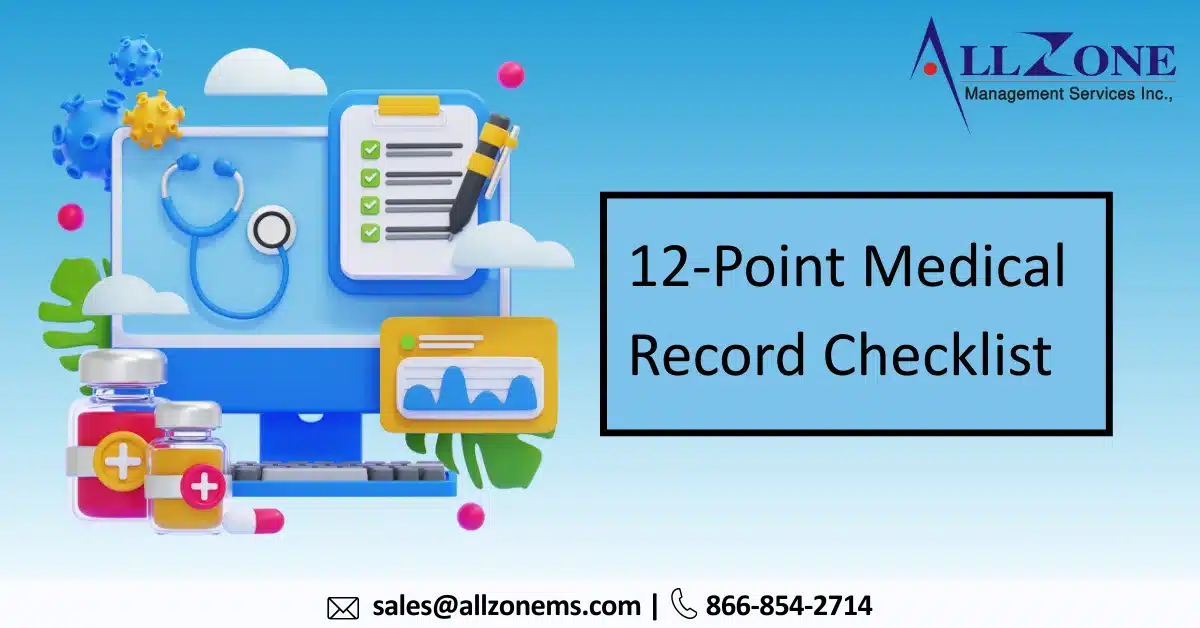Surge in MA Prior Authorization Denials: New Study Reveals A new study highlights significant variation among Medicare Advantage plans regarding the number of determinations made and the frequency of denials. Notably, MA Prior Authorization Denials surged between 2021 and 2022, according to a recent analysis from health policy research. Researchers examined data from the Centers […]
A new study by the health care system reveals a significant gap in consumer healthcare rights. Despite attempts to curb surprise medical bills, a large portion of insured Americans are still receiving unexpected charges. Adding to this problem is the high rate of coverage denials, leaving patients with substantial out-of-pocket costs and causing financial hardship […]
A domestic medical billing audit is an operation that inspects and estimates the value and dependability of clinical documentation and the overall medical billing process. This technique closely examines health records upheld by the practice and evaluates medical billing data presented to the payers to make sure that the practice picks out, observes, and rectifies […]
A medical record is systematic documentation of a patient’s medical history and care. It usually contains the patient’s health information (PHI) which includes identification information, health history, medical examination findings, and Medical billing information. Medical records were traditionally kept in paper form, with tabs separating the sections. As printed reports were generated, they were moved […]
The medical billing process is a complex system that requires various steps to ensure accuracy and efficiency. Medical billing services work hard to make sure that medical bills are processed quickly and accurately, allowing for timely payments from insurance companies. 1. Patient Registration The medical billing process begins with patient registration, where the patient’s demographic […]
Value-Based Payment: Putting Patient Health First: When recommending a medical procedure, should doctors prioritize insurance reimbursements or patient health? The answer hinges on the payment model. In a fee-for-service system, providers are compensated for each individual service, potentially incentivizing excessive care. This model can lead to increased costs and harm patients through unnecessary treatments or medications. […]
Medical claim clearinghouses enhance the efficiency of claim submissions for healthcare providers, thereby reducing costs and improving payment accuracy. Each year, healthcare payers and providers exchange billions of claims to finalize patient encounters, a number that continues to rise. As claim volumes increase annually (except for a dip in 2021 due to the COVID-19 pandemic), […]
While revenue cycle management (RCM) involves many steps, payment posting processes often gets overlooked. Optimizing this process acts as the cornerstone for smoother billing, reducing administrative burdens, and uncovering new revenue streams. By providing a clear view of daily income, accurate payment posting helps practices proactively address errors that could otherwise complicate medical billing and […]
The Centers for Medicare and Medicaid Services (CMS) recently updated guidance on the use of 340B modifiers by Medicare providers and reimbursement providers for drugs Part B biologics and the 340B Drug Enforcement Program. Published participation. The purpose of this rulemaking is to inform all provider types about the newly amended 340B requirements for 2024 […]
Medical coding and billing errors are a persistent headache for healthcare providers, costing them time, money, and reputation. Studies show that a staggering percentage of medical bills contain errors, leading to denied claims, delayed payments, and frustrated patients. Focus on Prevention: Top coding and billing Errors to Avoid Non-Covered Charges: Verify insurance coverage before rendering […]










